
Marquess of Bristol is a title in the Peerage of the United Kingdom held by the Hervey family since 1826. The Marquess's subsidiary titles are Earl of Bristol, Earl Jermyn, of Horningsheath in the County of Suffolk (1826), and Baron Hervey, of Ickworth in the County of Suffolk (1703). The Hervey barony is in the Peerage of England, the earldom of Bristol in the Peerage of Great Britain and the Jermyn earldom in the Peerage of the United Kingdom. Earl Jermyn is used as courtesy title by the Marquess's eldest son and heir. The Marquess of Bristol also holds the office of Hereditary High Steward of the Liberty of St Edmund. The present holder of these titles is Frederick Hervey, the 8th Marquess and 12th Earl of Bristol.
There have been three baronetcies created for descendants of the ancient Lancashire family of Gerard.

There have been three baronetcies created for members of the Bacon family, all in the Baronetage of England. As of 2008, one creation is extinct and two of the creations are extant. The extant titles have been merged since 1755.

There have been two baronetcies created for persons with the surname Burnett, one in the Baronetage of Nova Scotia and one in the Baronetage of the United Kingdom. As of 2010 one creation is extant while one is dormant.
There have been three Agnew baronetcies. The first was created in the Baronetage of Nova Scotia. The second and third were created in the Baronetage of the United Kingdom.
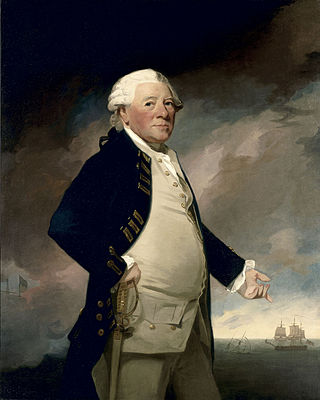
There have been seven baronetcies created for persons with the surname Parker, three in the Baronetage of England, two in the Baronetage of Great Britain and two in the Baronetage of the United Kingdom. Two of the creations are extant as of 2008. Though none of the different families of baronets were related, several supplied a number of flag officers to the Royal Navy.

There have been nine baronetcies held by people with the surname Nugent, four in the Baronetage of Ireland and five in the Baronetage of the United Kingdom. Six of the creations are extinct, while three are extant.

There have been twenty one baronetcies created for persons with the surname Williams, eight in the Baronetage of England, three in the Baronetage of Great Britain and ten in the Baronetage of the United Kingdom. Only six of the creations are extant as of 2017.
There have been two baronetcies created for persons with the surname Gooch, one in the Baronetage of Great Britain and one in the Baronetage of the United Kingdom.
There have been four baronetcies created for persons with the surname Rich, two in the Baronetage of England, one in the Baronetage of Great Britain and one in the Baronetage of the United Kingdom. As of 2008 three of the creations are extinct while one is dormant.
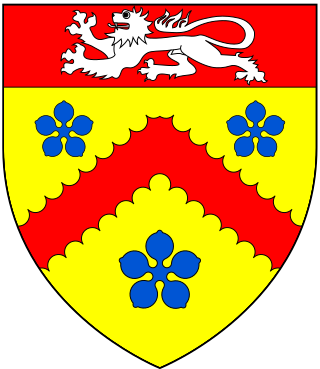
There have been three baronetcies created for persons with the surname Cooke, two in the Baronetage of England and one in the Baronetage of Ireland. One creation is extant as of 2013.
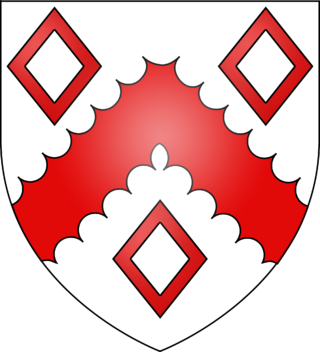
Sir Thomas Spring, 3rd Baronet of Pakenham Hall in Pakenham, Suffolk, was an English baronet and landowner who served as High Sheriff of Suffolk in 1696.
Sir John Spring, of Lavenham, Buxhall, Hitcham, and Cockfield, Suffolk, was an English merchant and politician.

Thomas Jermyn, 2nd Baron Jermyn was an English politician who sat in the House of Commons from 1679 until he inherited a peerage in 1684.
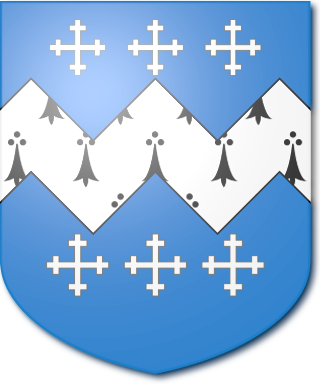
There have been two baronetcies created for members of the Barnardiston family, both in the Baronetage of England. Both creations are extinct.
Sir Robert Davers, 2nd Baronet may refer to:
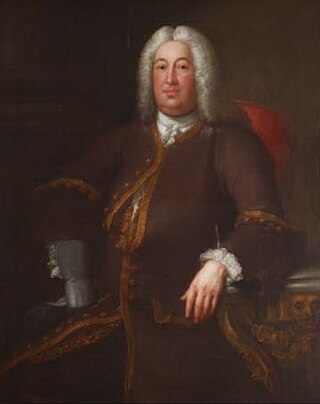
Sir Robert Davers, 2nd Baronet, of Rougham and Rushbrooke Hall, was an English politician, landowner and slavetrader.
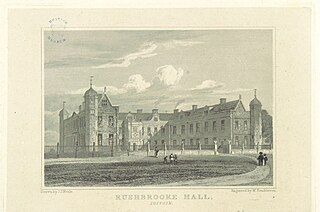
Rushbrooke Hall was a British stately home in Rushbrooke, Suffolk. For several hundred years it was the family seat of the Jermyn family. It was demolished in 1961.

Sir Jermyn Davers, 4th Baronet, of Rougham and Rushbrooke, Suffolk, was an English landowner and Tory politician who sat in the House of Commons from 1722 to 1743.

Sir Charles Davers, 6th Baronet was a British Army officer and politician who sat in the House of Commons from 1768 to 1802.














